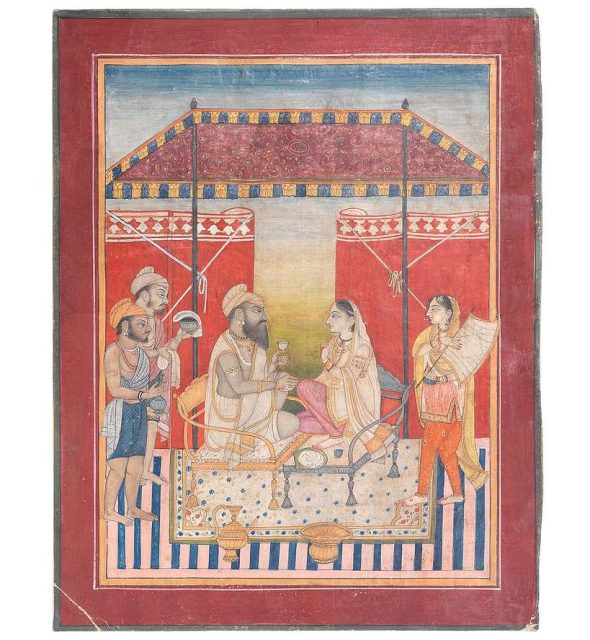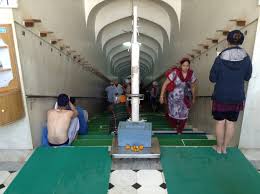
DESA SINGH MAJITHIA (1768-1832), an army general and civil administrator in Sikh times, was the son of Naudh Singh, a feudal retainer under Amar Singh Bagga of the Kanhaiya misl. When Naudh Singh died in 1788, Desa Singh succeeded to the family estates. He served Buddh Singh Bagga, successor of Amar Singh Bagga, for a number of years before joining Ranjit Singh`s army. In 1804, Desa Singh was made a commander of 400 sowars. He served the Maharaja in many of his early campaigns.
DESU SINGH, BHAI (d. 1781), was the second of the five sons of Bhai Gurbakhsh Singh of the well known Bhai family, deriving its name from the celebrated Bhai Bhagatu, contemporary of three successor Gurus, Guru Arjan, Guru Hargobind and Guru Har Rai. According to Bhai Santokh Singh, Garb Ganjani Tika, Desu Singh was the fifth in the line of Bhai Bhagatu`s descendants. His father, Bhai Gurbakhsh Singh, was a close associate of Ala Singh of Patiala and had carved for himself some territories around Sirhind and Kaithal besides his ancestral possessions in several villages around Bhuchcho, near Bathinda.
NIHAL SINGH AHLUVALIA (d. 1852), son of Fateh Singh Ahluvalia, succeeded to the Ahluvalia chieftaincy on the death, in 1836, of his father. In his youth he was a favourite of Maharaja Ranjit Singh and was the recipient of the towns of Nur Mahal and Kalat Majra and other occasional bounties. Upon succession, however, he was subjected to a fee of 1,000,000 rupees. His younger brother, Amar Singh, who lived in Lahore, conspired to usurp the gaddi and was encouraged in his ambition by the Maharaja as well as by his minister, Dhian Singh.





